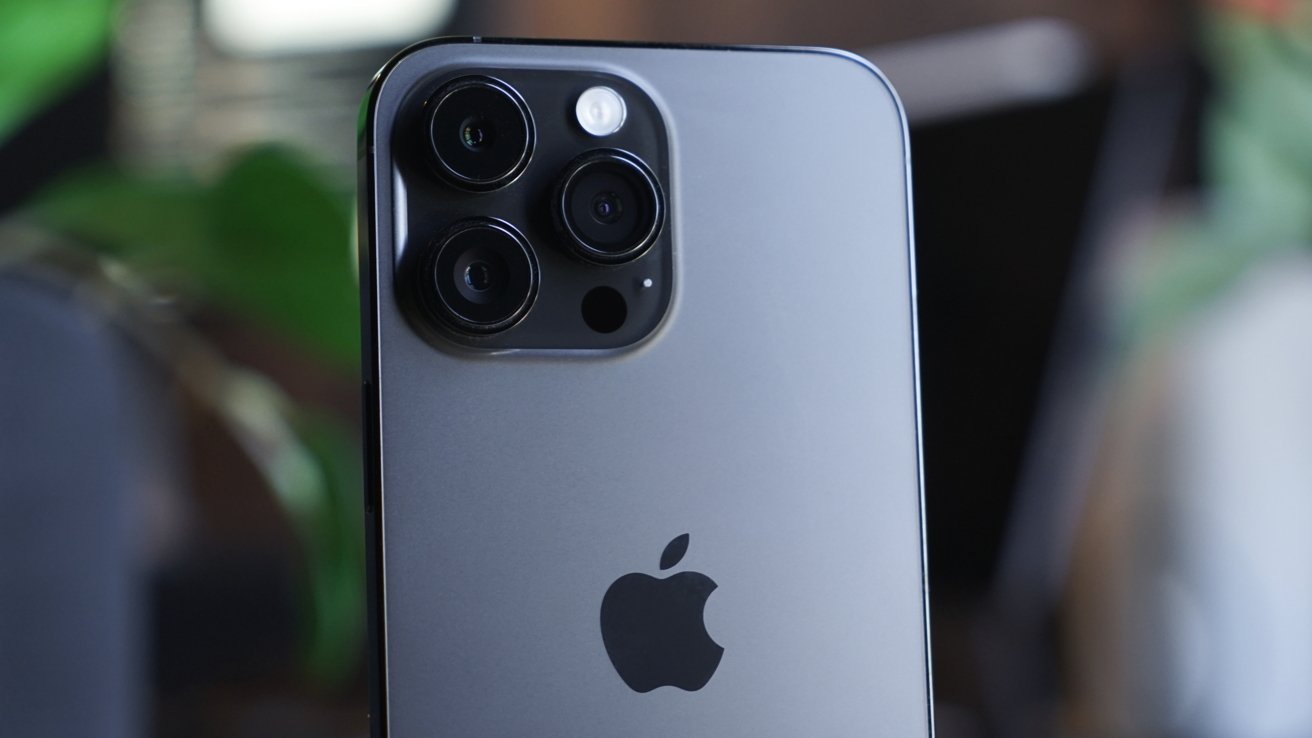Apple's smartphone market share in South Korea isn't as dominant as the company might want, but if Samsung's not careful, the upcoming generation's taste for the iPhone will be a problem.
Samsung, which is based out of South Korea, has long been the dominant presence in that market. On the other side of that coin is Apple, which has slowly grown in the country since it was introduced in 2009 but never commanded a majority market share.
Things started looking somewhat promising around 2013, as Apple managed to eat up 14 percent of the market. But, ultimately, even as the iPhone's popularity has skyrocketed over the years, Samsung has continued its reign of dominance in South Korea.
However, a new poll shows there is hope for the future of Apple in the country. The recent survey of 1,001 people in South Korea by Gallup Korea, published by Korea Herald, shows the younger generation between 18-29 is using the iPhone more than Samsung-branded smartphones.
In that demographic, Apple holds a resounding 60% of the marketshare, compared to Samsung's 32%.
The market turns to Samsung starting in the 30 to 39 age bracket, with Samsung holding on to 56% of the market, as Apple takes in 41%. For folks between 40 and 49, Samsung continues to be the go-to option with 78% of the market, and Apple at 10 percent.
The numbers keep ticking up for both age brackets and Samsung's market share, with 80% of 50 to 59 year olds choosing Samsung, and only 6% opting for Apple. 85% market share goes to the 60 to 69 year olds, and only 4% in the demographic for Apple.
Samsung's numbers only start slipping in the 70+ demographic. It's here that Samsung has just 71% of the market, while Apple is clinging on to 1%. Meanwhile, LG comes out of nowhere and secures 20% of the senior citizen market.
It has been a very slow process, but it appears Apple is starting to make some ground in South Korea. Only time will tell if that trend continues into the future.
 Evan Selleck
Evan Selleck
-xl.jpg)




-xl-m.jpg)


-m.jpg)






 Thomas Sibilly
Thomas Sibilly
 Wesley Hilliard
Wesley Hilliard
 Christine McKee
Christine McKee
 Amber Neely
Amber Neely
 William Gallagher
William Gallagher
 Malcolm Owen
Malcolm Owen

 Mike Wuerthele
Mike Wuerthele







8 Comments
Since Samsung basically is South Korea, there's zero chance that the government allows this to happen
Here is the population distribution of South Korea:
0-17: 18%
18-29: 16.5%
30-39: 15%
40-49: 17%
50-59: 16%
60-69: 7.5%
70+: 8%
Two things to note: (1) the two brackets above age 60 represent only 50% of the population share of the other five brackets, which most likely applies to this survey's samples. (2) the survey did not include people under 18, and I'm sure many people under 18 have cell phones, probably in the same ratio as the 18-29 bracket. If you take into account these two facts, Apple's share would most likely be larger than this survey suggests.
LG? I thought LG left the smartphone market worldwide two years ago.
at any rate, it looks good for the future of Apple there. People tend to continue using what they use when younger. So Samsung would be a natural,choice for older people, and the iPhone seems to be taking over for younger people most everywhere, though not necessarily as a majority share. Apple still has a lot of room to grow worldwide. They’re almost nonexistent in some places such as central and South America and Africa. But they need a less expensive model for those places, and some require manufacture to take place there.